Structural DNA nanotechnology: progress toward a precise self-assembling three dimensional scaffold by building macroscopic crystals from nanoscale structures.
Macroscopic DNA crystals from molecular tensegrity triangles
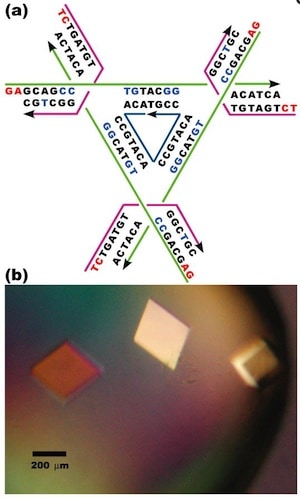

Structural DNA nanotechnology: progress toward a precise self-assembling three dimensional scaffold by building macroscopic crystals from nanoscale structures.
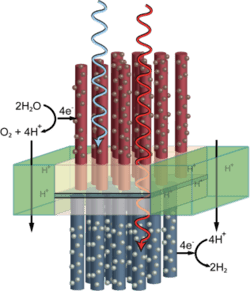
Increasing efficiency and utilization and lowering costs for harvesting, converting, transporting, and storing energy produced from sunlight provides a showcase for a variety of nanoscale materials, structures, and processes.
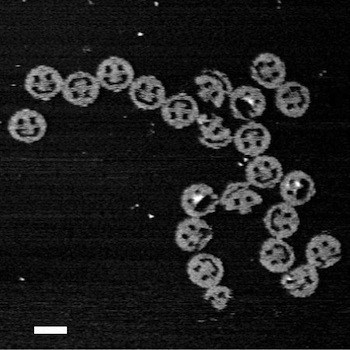
California Institute of Technology is holding a symposium to honor Paul Rothemund’s seminal contribution to the field of DNA nanotechnology: the research paths opened by the technology, and where they might lead.
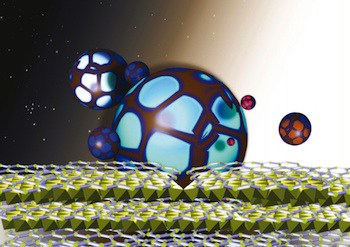
Polymer chemistry and materials research provide opportunities to explore structures that harmonize phenomena unique to nanoscale technology, the role of mechanical forces generated at interfaces, and the responses of biological systems to mechanical stresses.
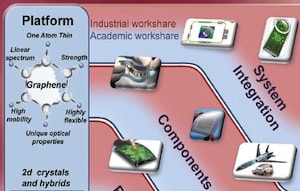
A European Science and Technology Roadmap for Graphene, Related Two-Dimensional Crystals, and Hybrid Systems hints at the opportunities to be harvested from, and the need for, the development of atomically precise manufacturing (APM).
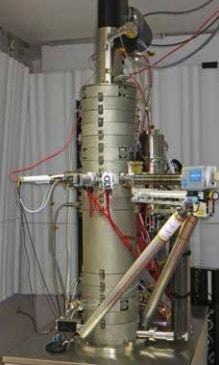
Advanced aberration-corrected scanning transmission electron microscopes in UK facility provide atomically precise characterization of a variety of materials to guide R&D in alloys, drug delivery, lasers and other areas.
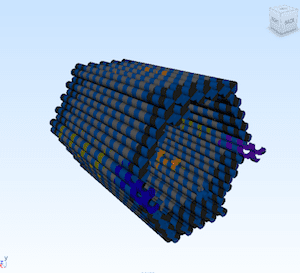
A commentary over at Gizmodo argues that ideas about molecular manufacturing that sounded like science fiction in 1986 now sound more like science fact.
The idea that nanorobots fabricated by atomically precise manufacturing processes are a likely part of our future, and that this is a good thing, is appearing more frequently, largely as a result of Drexler’s recent book Radical Abundance.
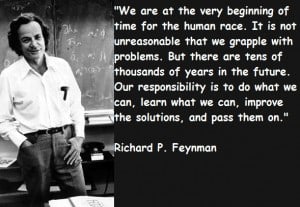
While a consultant for Hughes Aircraft Company from 1966 through 1971, Richard Feynman delivered about two hundred lectures that were available only to Hughes employees. Unfortunately these lectures were never recorded. An attendee has now released 1000 pages of notes he took and transcribed from these lectures.

Nanotech promises more commonplace access to advanced technology as material and fabrication costs fall and traditional barriers to innovation are removed. Examples are already being seen globally: more access to laptops and cell phones in developing countries, desktop 3D printers, a surge in establishment of shared-use research facilities, etc. A couple recent cases getting attention… Continue reading Recent cases of 'accessible' high-tech: Open source chips & Origami robots